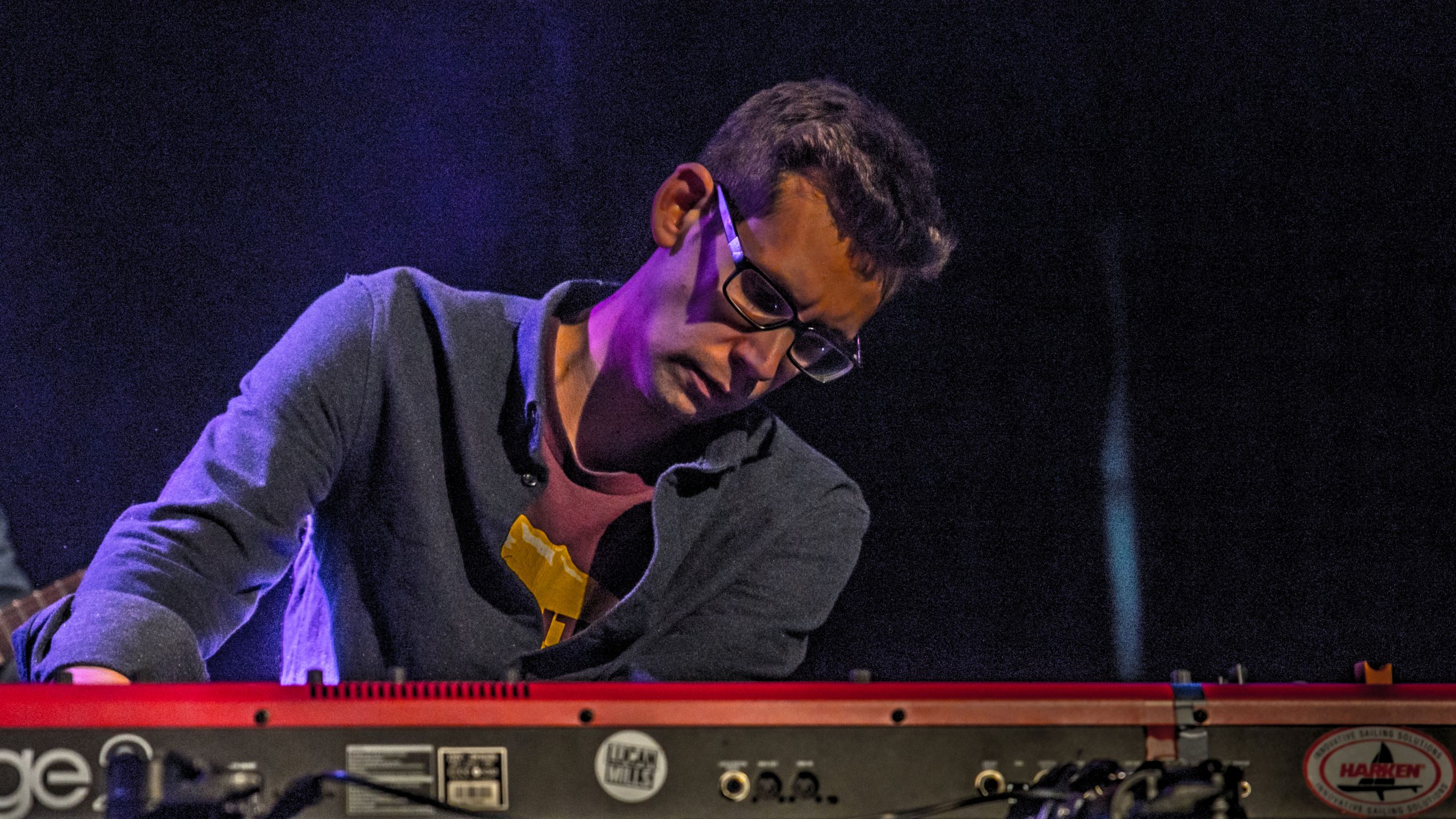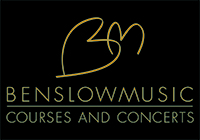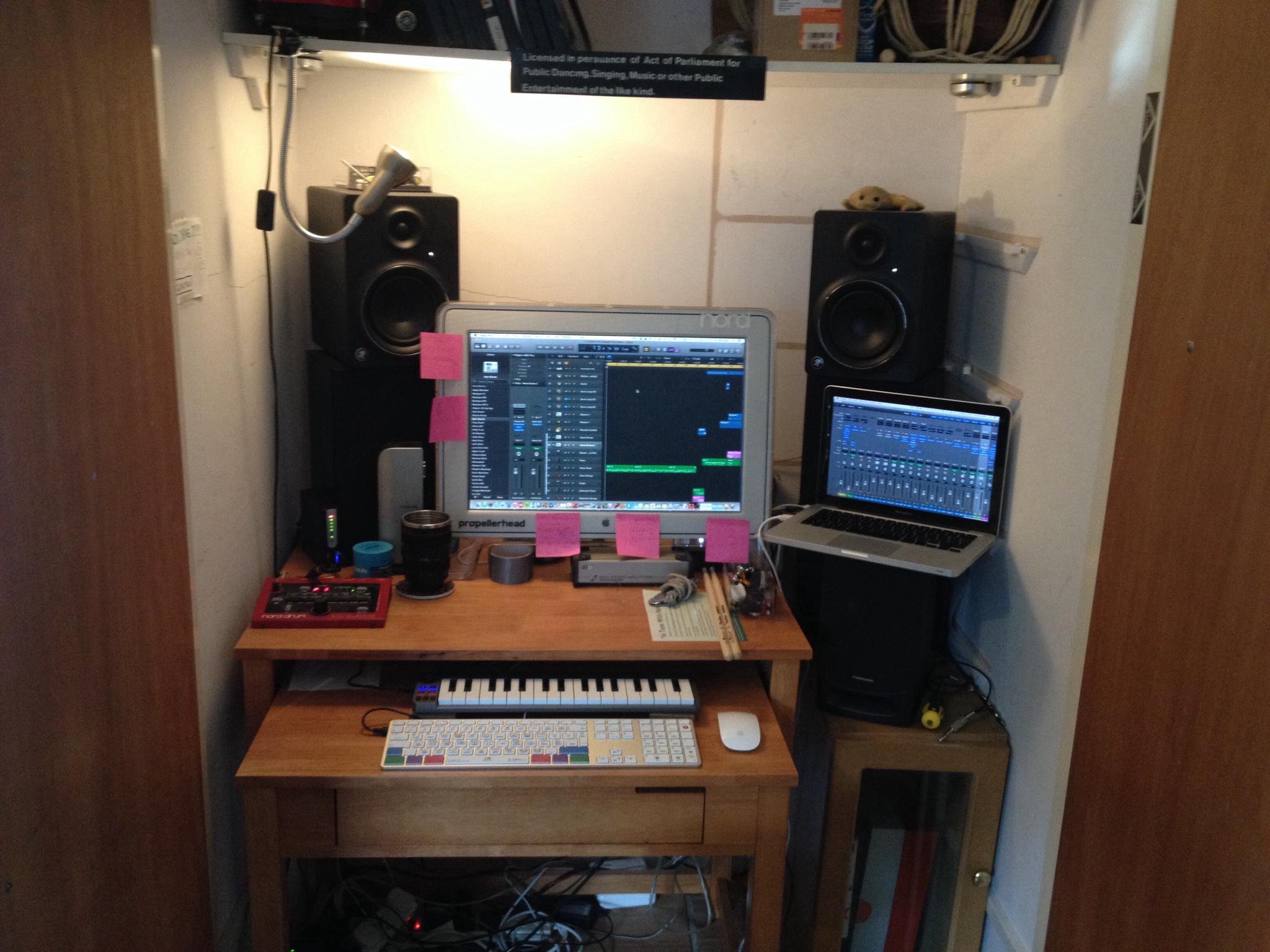I was recently asked whilst chatting with a colleague of mine in music tuition “What first got you interested in music production and recording?”
I’d never really thought about that. But it was certainly an intriguing question, and I thought about it a deal more over the next few days. I realised the reason I hadn’t considered that before was that it had always felt like a perfectly natural thing for a working musician to be be involved in. Almost like asking a taxi driver what first got them interested in steering.
The music world is becoming more digital – more online – all the time. In fact, you can remove the word ‘music’ from that statement altogether. Technology is a fact of life in every business, including ours.
I like to think that, throughout my career, I’ve tried to take the approach that if somebody asks you to do something which you don’t currently do, you can choose to turn it down and stay in your little niche – or you can choose to learn how to do that thing, and expand your skillset and add another string to your bow. You never know where that might take you.
When I was asked to run a line-up of Ultra ‘90s a couple of years ago, I knew nothing of programming lights for stage, nothing about DMX, or MIDI control of DMX – but I took it on, and I learnt. Now I’m doing lighting hire gigs for other people – for gigs or events where I’m not even playing at all. And I’m programming the MIDI-triggered lighting cues for other artists and other shows, like Jade MayJean’s performance at O2 Academy in Islington earlier this year. Looking back to 2017, none of those opportunities would have come my way if I hadn’t chosen to branch out into new areas, and say yes to something which – at the time – I knew very little about.
I’ve always been of the opinion that musicians have to diversify to survive. In such a famously ephemeral industry, the ability – the willingness – to adapt and grow to meet new challenges can often be what determines success. These days, being a musician without at least a rudimentary understanding of sound technology and the attendant processes is not dissimilar to being a footballer who can’t head the ball.
Which is not to say that people who have no interest in this side of things can’t be very fine musicians. But personally, I have always tried to be as well-rounded and versatile a musician as I can be; I would feel the same way about being unable to sightread, or unable to improvise, or unable to tune my drums properly…
Of course, it helps that I have always been a gearhead. I have always been interested in the technological side of things, in computers, and in how things work. I can see how recording studio work – or live performances to click and track, etc. – might not appeal to everybody as strongly.

Mixing In The cupboard

New Studio
From its humble beginnings years ago, literally mixing inside a cupboard at my dad’s house, building my own recording studio into what it is now – and honing the tools and the skills to make it another significant and worthwhile area of my business – has become a labour of love for me.
But in short, I guess the answer is ‘out of necessity’.






